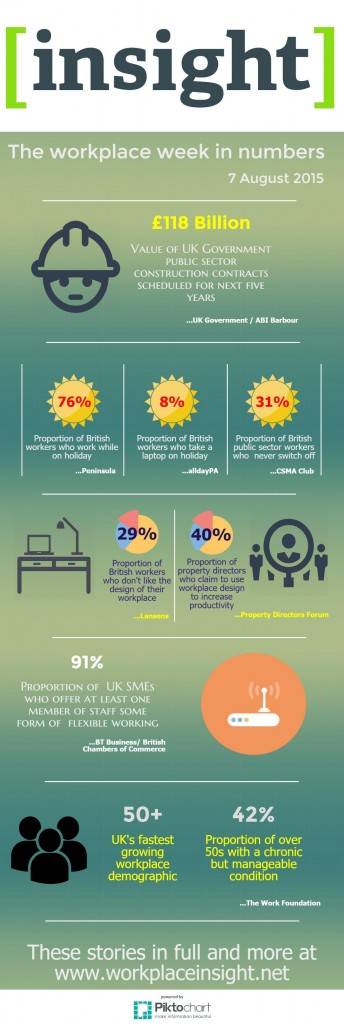August 21, 2015
Employee’s entrepreneurial opportunities linked to job satisfaction 0
 US employees are seeking opportunities to perform more like entrepreneurs within their organisation, and according to researchers from the University of Phoenix School of Business this is reason enough to add a new word, ‘intrapreneurship’ into the business-speak lexicon. The survey claims that more than one-third (37 percent) of working adults consider themselves entrepreneurial and more than half (56 percent) acknowledge that their current job gives them the chance to apply an entrepreneurial mindset. Over 3 in 5 (61 percent) of those who say they enjoy a degree of job satisfaction say their organisation provides opportunities to be entrepreneurial and of those who are unsatisfied with their career, only one-third (33 percent) cited entrepreneurial opportunities in their organisation. In addition, 34 percent said firms should provide more training and education opportunities.
US employees are seeking opportunities to perform more like entrepreneurs within their organisation, and according to researchers from the University of Phoenix School of Business this is reason enough to add a new word, ‘intrapreneurship’ into the business-speak lexicon. The survey claims that more than one-third (37 percent) of working adults consider themselves entrepreneurial and more than half (56 percent) acknowledge that their current job gives them the chance to apply an entrepreneurial mindset. Over 3 in 5 (61 percent) of those who say they enjoy a degree of job satisfaction say their organisation provides opportunities to be entrepreneurial and of those who are unsatisfied with their career, only one-third (33 percent) cited entrepreneurial opportunities in their organisation. In addition, 34 percent said firms should provide more training and education opportunities.































August 20, 2015
81 percent of women and over half of men experience sexism at work 0
by Sara Bean • Comment, News, Workplace
(more…)